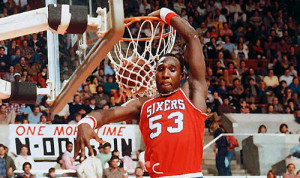 Freddie Coleman had Darryl Dawkins as his guest Friday night on the Freddie Coleman Show on ESPN radio.
Freddie Coleman had Darryl Dawkins as his guest Friday night on the Freddie Coleman Show on ESPN radio.
For the uninformed, Darryl Dawkins earned the nickname “Chocolate Thunder” for his thunderous dunks and dark hue.
Stevie Wonder gave him that nickname.
During his career, Dawkins twice broke backwards on the back ends of dunks that sent shards of shattered glass flying all over the court – making the other players shield their heads and eyes to avoid getting nicked. The breakages necessitated stoppages in play until workmen replaced the broken backboards with new ones and cleaned up the court. To eliminate subsequent breakages, the NBA developed breakaway rims that are currently used throughout basketball.
Getting back to the interview – and paraphrasing – Freddie asked Dawkins: Who was the best player you ever played against?
Dawkins said he played against a lot of great players – then paused.
“Bob Lanier was the toughest for me to guard,” Dawkins said next. “He had that lazy eye and I could never tell which way he was looking.”
Well, there’s something I never knew: Bob Lanier had a lazy eye.
Lazy eye aside, Bob Lanier was one helluva basketball player and a real handful to guard. At 6-11 and 250 pounds, the All-American out of St. Bonaventure played in the NBA for 15 seasons – ten with the Detroit Pistons and five with the Milwaukee Bucks – averaging 20.1 ppg and 10.1 rebounds. He was an All-Star eight times.
Easy to comprehend the problems Dawkins encountered trying to guard Bob Lanier.
But Darryl Dawkins, on the other hand, was never easy to comprehend.
At 6-11 and 250 pounds, Darryl Dawkins was a man-child in the mold of LeBron James – but much bigger.
Dawkins came to the NBA out of Maynard Evans High School in Orlando – skipping college. Back then, in 1975, he and Bill Willoughby became the first high school players who went directly from high school to the NBA under “hardship” considerations. Dawkins was drafted by the Sixers with the fifth overall pick and Willoughby went in the second round – 19th overall – to the Atlanta Hawks.
It’s believed by some that two other players superseded Dawkins and Willoughby with the distinction of being first in that regard, but that’s not quite true.
Reggie Harding entered the NBA twelve years before Dawkins and Willoughby, in 1963, without having played college ball. However, back then, the league made it mandatory for players to finish four years of college eligibility prior to being permitted to enter the NBA. Harding didn’t attend college, but he waited for four years after graduating from high school. The Pistons selected him in the fourth round of the 1962 draft.
Moses Malone went directly from high school to pro ball – but not to the NBA. He was drafted in 1974 out of Petersburg (Virginia) High School by the Utah Stars of the ABA. Moses didn’t become part of the NBA until the ABA-NBA merger in 1976.
So Dawkins and Willoughby were the first two who went directly from high school to the NBA. Willoughby played in the league for ten years with a variety of teams and averaged 6.0 ppg – but Dawkins was a star. Unfortunately, to many critics, he never came close to realizing his potential.
Dave Wohl was a 6-2 guard who played his college ball at Penn and his pro ball with the Sixers, Portland Trailblazers, Buffalo Braves, Houston Rockets, and Nets – both in New York and New Jersey. Wohl coached the Nets for two seasons. Having played against and coached Darryl Dawkins, he knowns the man well.
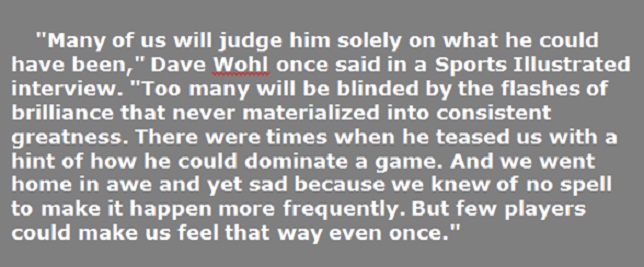
That pretty much sums up the career of Darryl Dawkins. Yes, he played in the NBA for 15 seasons; however, the last three years were cut short due to injuries. He played just four games with the Utah Jazz in 1977-78 and 16 games with the Pistons from 1978 thru 1989. The earlier part of his career was spent with the Sixers – 1975 thru 1982 – and the New Jersey Nets – 1982 thru 1987.
A Philadelphian, I saw him many, many times.
He averaged 12.0 ppg and 6.1 rebounds. Based on those numbers, he under-achieved based on his physical stature, athleticism, and expectations – but he rarely failed to be a pleasure to watch.
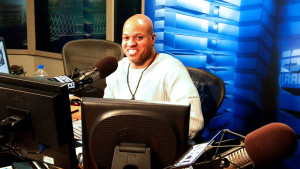
I catch Freddie Coleman a couple of nights per week, late-night, on ESPN Radio. He’s refreshing, entertaining, and informative. Tune him in some time and hear for yourself.
Barry Bowe is the author of Born to Be Wild and 1964 – The Year the Phillies Blew the Pennant.
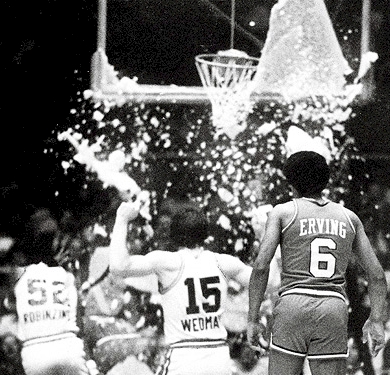
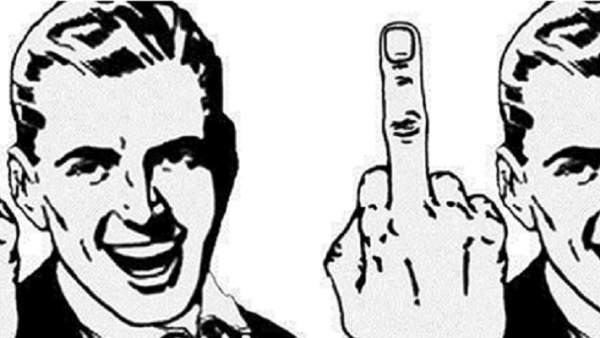
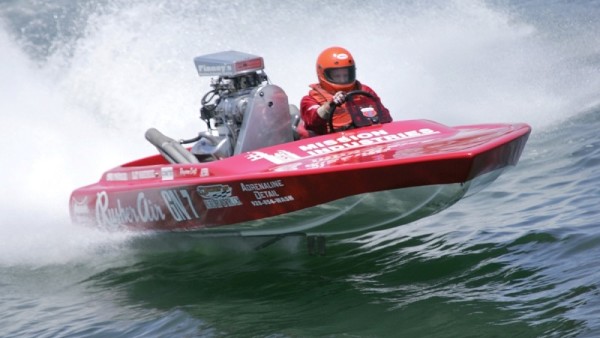
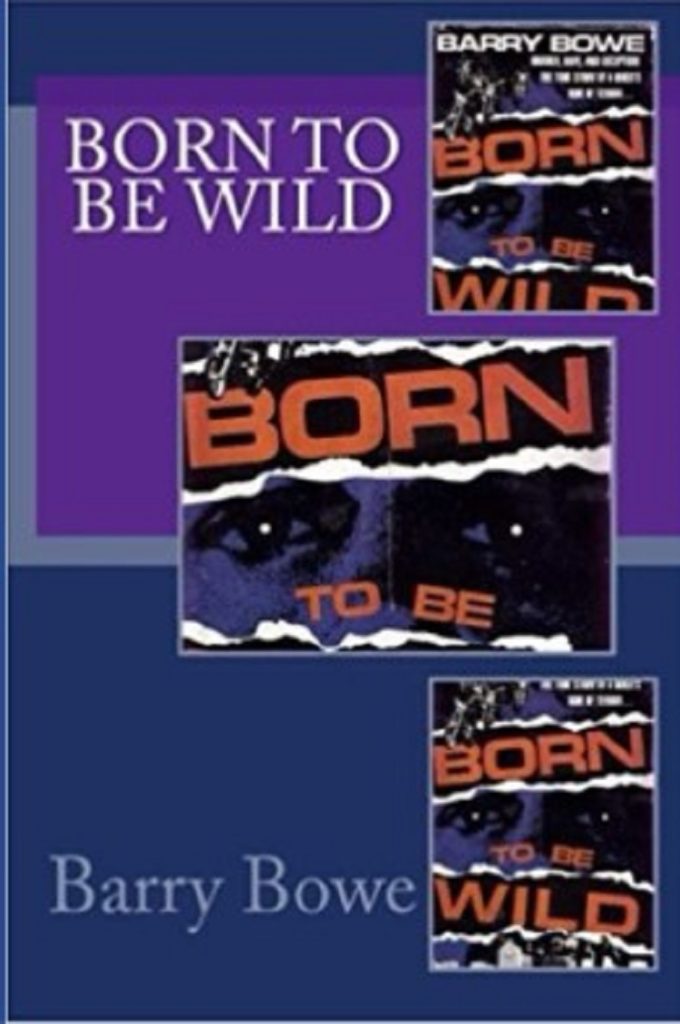
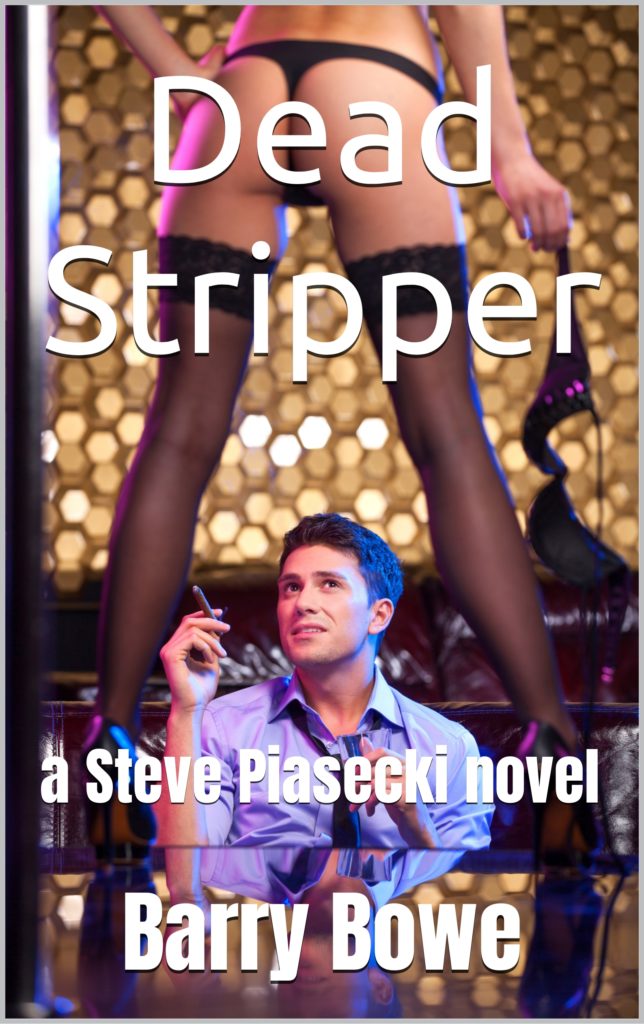
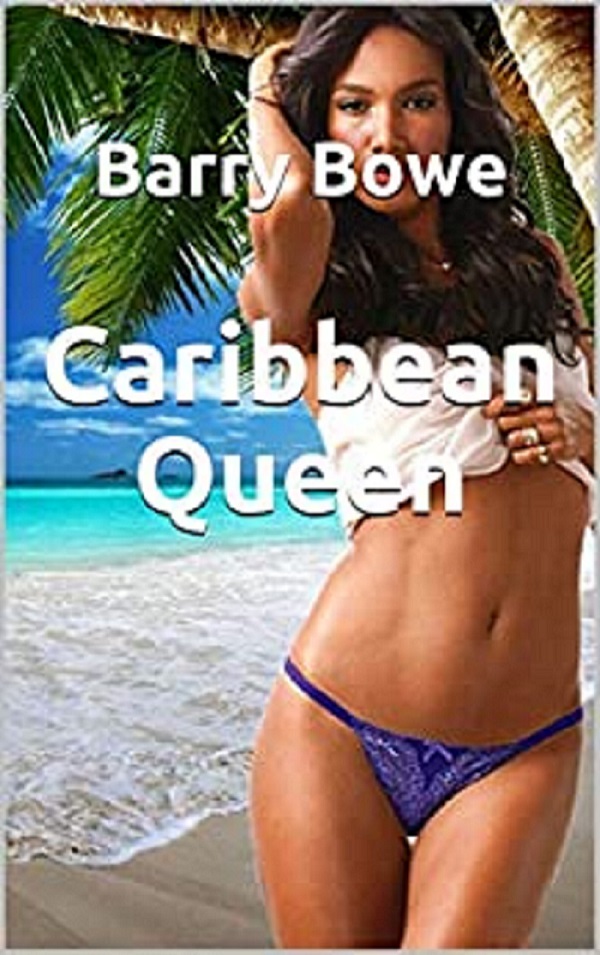
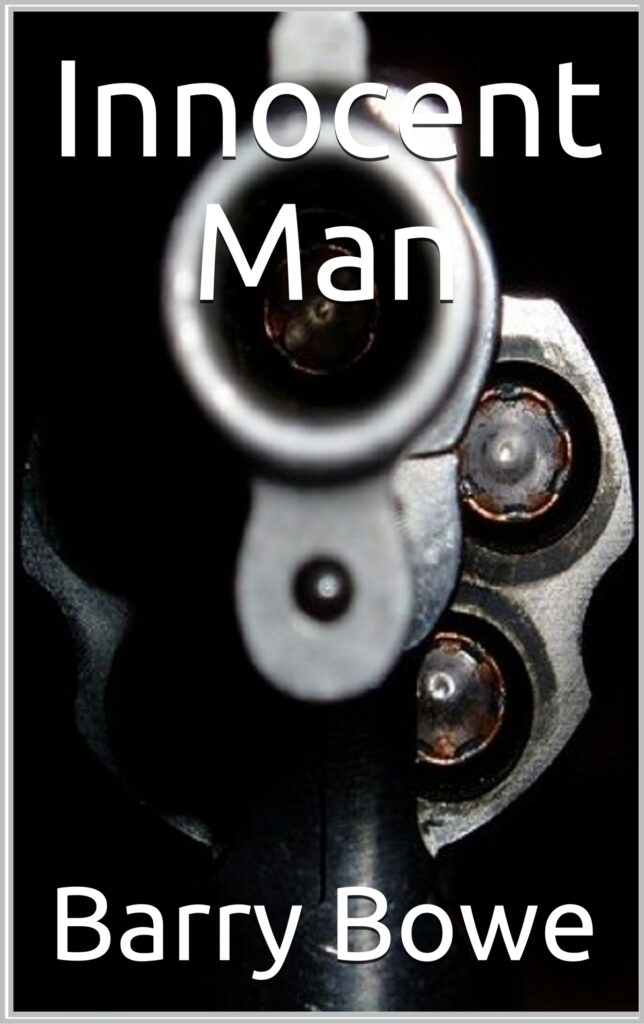
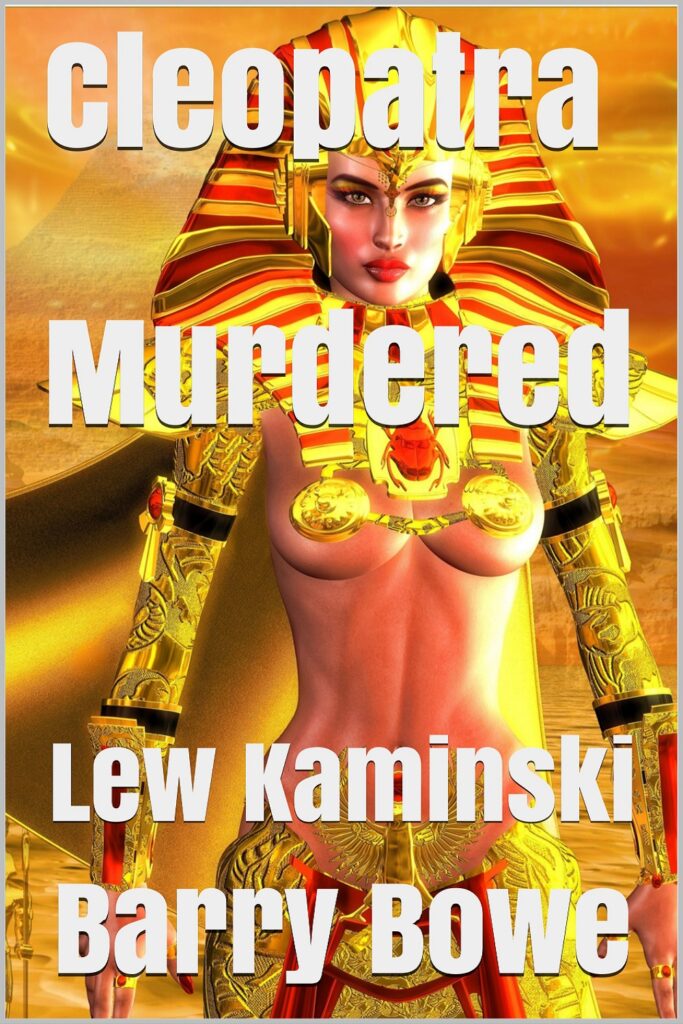
Comments
No Comments